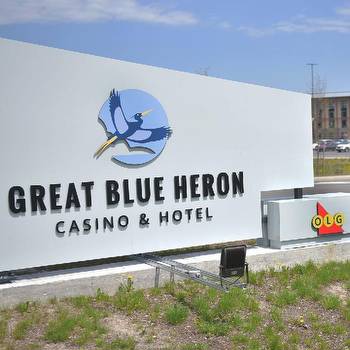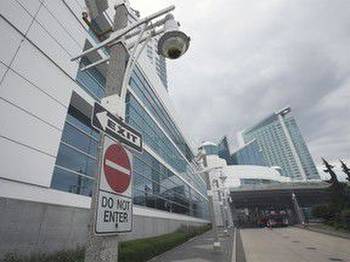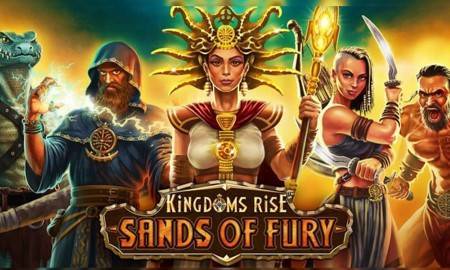Legalized online gaming kicks off despite ongoing concerns
Online single-event sports betting and casino gaming this week for the first time is fully legal in Ontario, despite a myriad of concerns around potential loss of jobs at land-based casinos and likelihood of increased gambling addictions.
The Ontario government as of Monday opened up the online gaming world to the private sector, which has led to more than two dozen global companies already obtaining a license to operate in this province from the newly created iGaming Ontario.
Prior to this week, those interested in online gaming could only do so illegally through the “grey market.” All revenues — believed to be as much as $1 billion per year across Canada — had been going into pockets of companies such as Draft Kings, FanDuel, Betway or Jackpot City.
“The provincial government wants some of that revenue, but on the other hand has not done its due diligence on this costing jobs and whether we are going to have problems in the long run because of an increased number of people with addictions,” said local MPP Percy Hatfield (NDP — Windsor-Tecumseh) who raised the issue at Queen’s Park on Monday.
He noted hundreds of workers due to fallout from the COVID-19 pandemic still remain on layoff at Caesars Windsor, so the legalization of online gaming couldn’t be at a worse time.
His concern is further exacerbated by the government only charging a cut of 20 per cent of revenues from online gaming companies, but 55 per cent from land-based casinos.
“The attorney general has said if they taxed (online companies) any higher, they won’t pay it,” Hatfield said. “So, this is the only way to get some revenue out of it.”
Anyone watching television in recent weeks, especially sporting events, can’t help but notice the sudden influx of advertising geared toward online gambling companies.
Several high-profile celebrities have joined in, including Wayne Gretzky, who has signed on as brand ambassador for sports bookmaker BetMGM as it enters the market in Ontario.
Several sports-based television and online entities have already partnered up to promote sports betting, including FanDuel which signed a multi-year deal with TSN on Monday that will feature promotions during game broadcasts and mobile apps.
Technology companies are also entering the province’s new online gaming world, such as Sportradar, an official partner of most professional sports leagues, which announced Tuesday it has received its license from iGaming Ontario and will work toward improving each gambler’s online experience.
“You have these big-name celebrities and a lot of money promoting what’s going on here,” Hatfield said.
“But you are also opening the door to a lot of people who may have gambling addictions being able to do it from home instead of the casino like Caesars Windsor where you can’t get in because they have your name on a watch list and facial recognition.”
Under provincial iGaming regulations, each new gaming company must provide a “responsible gaming message” on all advertising and marketing materials, but there is little else to stop addictive gambling behaviour online other than the customer themselves.
“That’s the scary thing,” Hatfield said. “A lot of people have raised these concerns over the past month.
“I know it’s asking a lot, but they need to come up with the technology or have the ability to identify people who have problems with gaming and let them know what’s out there so they can reach out to get help before they get in too deep.”
Officials from iGaming Ontario were said to be not available for comment on Tuesday.
It was hoped by some critics that alterations to the government’s online gaming blueprint could have been made and Monday’s official launch delayed. But now that’s it’s here, changes must be made to protect land-based casino workers and potential problem gamblers, Hatfield said.
“They have gone out on a wing and prayer to get a piece of the revenues, but it doesn’t seem the government is listening at this point,” he said.







































